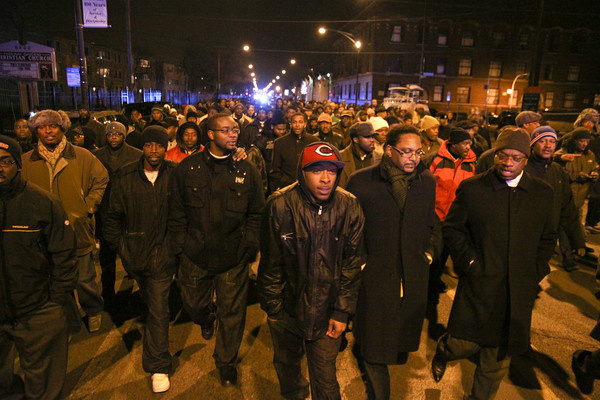
AMERICAN CONSERVATIVES NEED A POSITIVE VIEW OF GOVERNMENT.
by Roger Scruton June 2014
In his first inaugural address, President Reagan announced that "government is not the solution to our problem; government is the problem," and his remark struck a chord in the hearts of his conservative supporters. American conservatives, called upon to define their position, reiterate the message that there is "too much government."
The seemingly unstoppable expansion of regulations; the increasing control over what happens in the workplace, in the public square, and even in the family; the constant manufacturing of new crimes and misdemeanors, aimed at controlling how we associate and with whom; the attempts to limit First and Second Amendment rights—these developments are viewed by many conservatives with alarm. They seem to be taking America in a new direction, away from the free association of self-governing individuals envisaged by the founders, toward a society of obedient dependents, who exchange their freedom and their responsibilities for a perpetual lien on the public purse. And you only have to look at Europe to see the result.
First Things June 2014.























